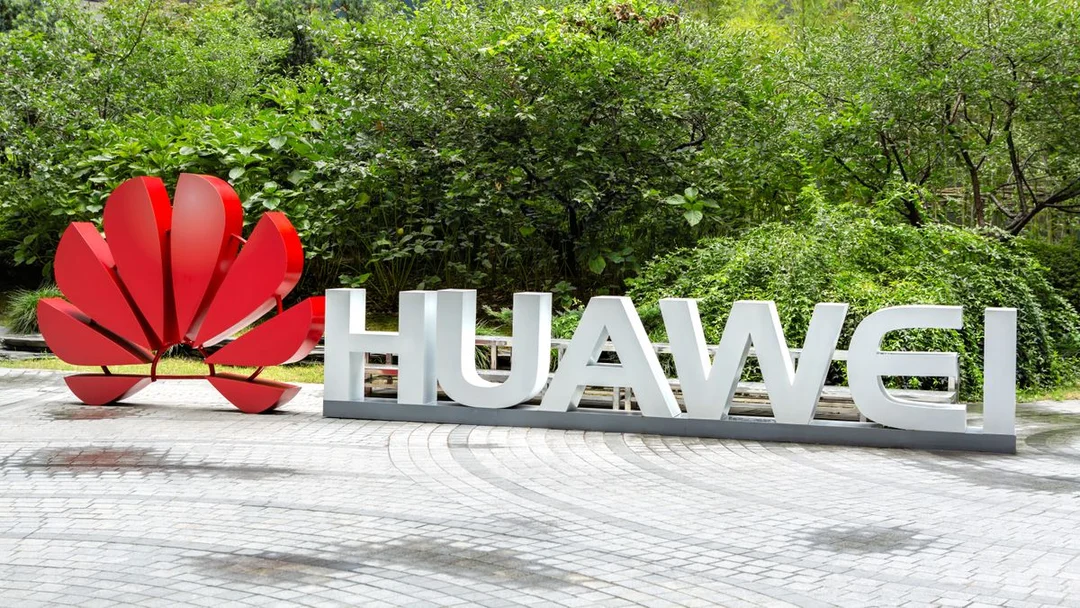
Huawei Ditches Windows for HarmonyOS on New AI-Powered Laptop: A Bold Step or Risky Move?
Huawei has officially unveiled its first laptop powered by its proprietary HarmonyOS, marking a significant departure from Microsoft Windows. This move comes after the expiration of Huawei's Windows license in March, fueled by ongoing US sanctions. Is this a bold step towards independence or a risky bet in the competitive PC market?
The unnamed laptop, showcased on Thursday, runs HarmonyOS 5 (also referred to as HarmonyOS Next), the latest iteration of the operating system. This is a crucial development, as Huawei aims to create a unified ecosystem across its devices. Most existing Huawei laptops still run Windows, with some offering Linux as an alternative.

This new laptop boasts AI features powered by Huawei's assistant, Celia. According to the Securities Times, Celia can create presentations, summarize meetings, and retrieve information from local documents, assuming access to compatible third-party software. HarmonyOS on PCs includes software like WPS (a Microsoft Office alternative) and DingTalk for enterprise collaboration.
One of the biggest advantages of HarmonyOS is its connectivity with other Huawei devices. The laptop is designed to be compatible with a growing number of mobile apps, including RedNote, Bilibili, and Feishu. Huawei expects the device to support over 2,000 apps by the end of the year, according to Nanfang Daily.

Huawei's move to HarmonyOS is partly driven by necessity, stemming from U.S. sanctions that limit its access to American technology. However, it also presents an opportunity to build a cohesive ecosystem, similar to Apple's iOS, iPadOS, and macOS. HarmonyOS smartphones have already surpassed Apple in China, claiming 19% market share versus Apple's 17% last quarter.
While details remain scarce about the laptop's specifications, the software lineup for the HarmonyOS laptop features promising app such as WPS Office and DingTalk, with expected support for thousands more. One pressing question is whether users needing Windows functionality could install it post-purchase or dual-boot, which would soften the blow for those reliant on unavailable Windows apps.
Huawei's decision to embrace HarmonyOS in its laptops is a bold move, fraught with challenges and opportunities. Can Huawei convince users to switch to its ecosystem? Will the performance and app availability of HarmonyOS on a laptop be sufficient to compete with established Windows devices? The market will be watching closely.
What are your thoughts on Huawei ditching Windows for HarmonyOS? Share your opinions in the comments below!